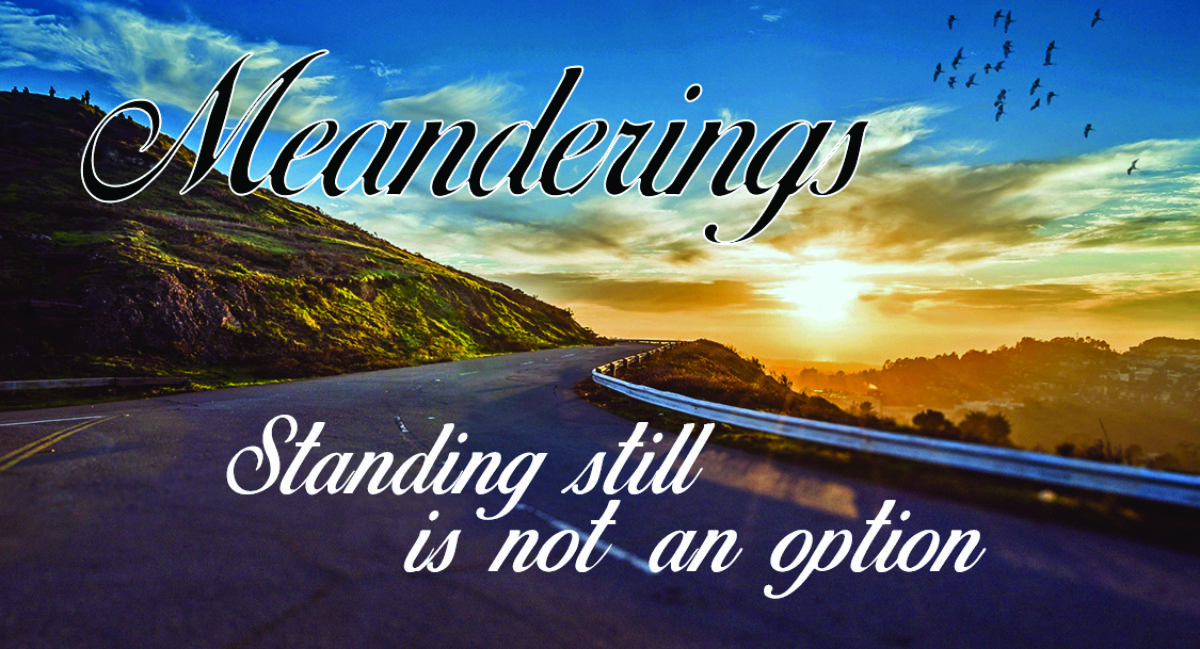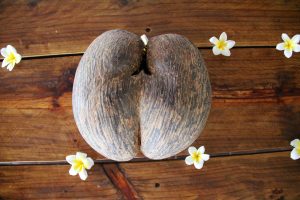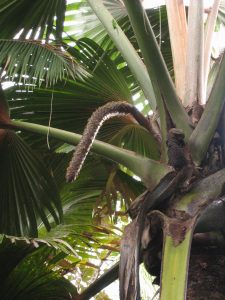Bert had me smiling at breakfast. He has kept his sense of humour and makes me laugh. That is a saving grace as we make our journey through Alzheimer’s World.
My Bert can be a messy eater. You can tell where he sits at the dining table because of the many crumbs around the chair. The usual napkins are not doing a good job, so I take out some extra large dinner napkins and tell him that from now on we would use those. I place one on his legs tucking the ends into his belt. It completely covered his lap. Bert, giggling, looked down and said: “ I have a drop sheet.” We just roared with laughter.
Was Bert remembering the painting business he owned long before I met him? That reference, plucked from the recesses of his mind was so apt, we laughed together and started the day and the week off on a happy note.
At lunch Bert seemed to be waiting for something although everything was on the table. I said: “Is everything alright?” He answered: “Where is my drop sheet?” Another big laugh. I guess from now on a napkin will be a drop sheet.
In Alzheimer’s World the past is more real than the present. I know by dinnertime he may just spread the napkin on his lap and remember nothing about his paint business, drop sheets or our conversation. For now, I savour the moment.
…
There is a knock and I answer the door. The delivery I expected has arrived. I take the package and sign for it.
“Where is the ticket?” Bert asks.
“Er…umm which ticket?”
“You have to get the ticket. I have to bill the customer.” The penny drops. He is back to being CEO of his courier service.
“No, love, the man delivered to us. He takes the ticket back to his company.”
“Why did another company do the delivery?”
“Because that company does deliveries for the one sending me the package.” There is still a puzzled look but no more questions.
Two days later. “It is forty-five dollars.”
“ Um, forty-five dollars.”
“Yes, that is the charge for the delivery. You have to collect it”
“Oh, alright, I will collect it tomorrow. No problem. Would you like a cup of tea?”
“Oh, Yes. That would be good.”
“I want one too. Put on the kettle please.” He goes to the kitchen and I say: “You can deliver it to me too.”
“Ok, but you will have to pay me.” He glances back with a look that says clearly: “Gotcha.”
Bert sold his company in 1995.
….
Dinner is finished, dishes done and Bert is doing his last chore of the day – closing the shutters. The guest room is last as usual and he spends more time there than it takes to close those shutters. I know what he is doing. Soon, I hear a chuckle and out he comes.
“I just finished talking with Moeder (Mother). I told her I did the dishes and put them away. She said she hoped I washed them better than the mussels.” We laugh.
Bert ‘talks’ to his mother’s photograph every night. The mussels is a reference to the war years. He has told me he and his mother would wait two or three hours at dawn to get a pail of mussels.
Sometimes she tells him not to ‘fall off the sacks’ which is another war memory. He and his mother would go to farmers and ask to pick up any stalks of grain left on the field. After receiving permission it might take them the entire day to pick up a full sack of grain. On one particularly good day of garnering, Moeder tied two full sacks to the back of her bicycle and told Bert he would have to walk beside her as she could not take him as well. According to Bert, as she started to pedal slowly so he could keep up he took one flying leap and was atop the sacks of grain. Moeder was amazed, terrified and worried about him falling off all the way home. He would end with: “It was hot, I was tired. I was not going to walk home.”
The Meander: Bert demonstrates his love for me each morning he sits across from me and watches me eat my oatmeal. Bert does not eat anything that resembles ‘pap’ (porridge) or even cereal. Ask why and he will tell you: “That’s all I had during the war.” Not quite true but it is mussels, yes, porridge no.
There is a poignant exigency to hold on to Bert’s memories. How long will he remember? I have heard them hundreds of times. When he forgets, I will remember for him.


